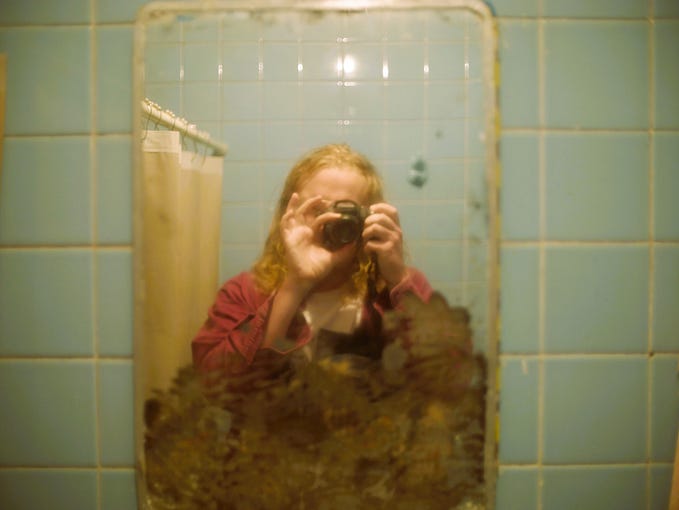Living in ‘Interesting Times’

I remember when I first learned the quote, ‘May you live in interesting times’. I was a teenager in a small community on the Canadian prairies filled with angst and FOMO (Mom, I know you are reading this… that’s fear of missing out). I thought it was meant to be instruction from Confucius, and he wanted me to be encouraged to seek diversity and complexity as a path to a happy and fulfilling life. While I have since learned that the real origin is actually a curse directed at an enemy upon whom you wish disorder and chaos, this saying strummed a chord of unhappiness in the teenaged me. It cast a spotlight on the limits small-town life had on my potential for life experience, to do meaningful things, and to ‘be interesting’.
I carry a seed of that teenage-angst with me today. It propels me to continue to seek a learning path, to pursue what Carol Dweck describes as the growth mindset. I visit some of the most elusive human questions in life regularly: What am I here to do? What is something important, something that matters, that I can uniquely contribute value towards in these interesting times? What do I need to do to ‘be interesting’?
The evolution of the digital age has made it possible to see just how ‘interesting’ these times really are. The complexity and connectedness of our world can be overwhelming. Today, we can now understand how a butterfly flaps its wings on one continent and cause a hurricane in the next. We are personally witness to how a single cough in Wuhan, China can lock-down communities internationally. We witness how a few characters of type on social media can manifest into real violent action, in real time.
Earlier this year I began a new chapter in my life as a student in the University of Cambridge Master’s in Sustainability Leadership. My goal is to learn to fight overwhelm in these interesting times with the kind of stubborn optimism Christiana Figueres (UN lead for the Paris Climate Talks) advocates. I want to learn to be a more effective communicator; to share a new vision for a happy and fulfilling life that is interesting to a wide, diverse audience, and compelling enough to stimulate them into action. I want to learn new thinking and how to identify the levers for changes that have exponentially-positive impact, without all the unintended consequences that come with the trade-off thinking of the past.
As part of the programme, I am deepening my skills in systems thinking. I have started to recognize that it is fairly normal to expect (and assume) most of today’s issues are complicated, with many relationships between actors and events over space and time chains that are difficult to comprehend. From my own past, I think about developing community waste programs in Saskatoon where specialized knowledge and expertise went into proposed designs for incentives, regulations, and education programs to leverage positive change within the system.
Of course, I have always known that while waste issues may be local, it is impossible to pretend that our communities (and recycling markets) are not affected by the broader world around us. When solutions (i.e. local recycling programs) prove not to be sustainable over the long term, you must widen the field of view. In doing so, you see instead that you must learn to navigate a system that is far more complex. The issue is hard to tease apart from other issues, there is a lot of fluctuation and unpredictability, learning occurs more through hindsight than foresight, and we are left often facing choices between the ‘best available’ or ‘least bad’ options. Expertise is still important, but experts alone cannot solve these problems. Engagement of a much broader mix of people is required to find solutions.
As a member of the International Association for Public Participation (IAP2), I regularly get to practice and discuss the importance of skills like active listening, respectful dialogue, and facilitating psychological safety. These are critical to building trust among people engaged in issues where complexity dominates.
I have noticed a rise in the number of forums for learning and dialogue emerging. More and more conversations are being convened on topics of diversity, equity, energy transition, climate resilience, active transportation, entrepreneurialism, sustainable finance, and nature-based solutions. In each, a greater variety of perspectives and knowledge (both formal and informal) are being given a place. I find this hopeful. Some of the more inspiring forums I have participated in recently have been moderated by the Canadian Urban Institute, Globe Series, and Cambridge Institute for Sustainability Leadership’s The Future We Want series.
These feel like the first clues in a complex puzzle or game. It reminds me of the board game my family likes to play, ironically called Pandemic. In the game, we are each assigned roles and the better we collaborate, the more likely we are to win over the virus.
I’d be interested to know what clues to navigating these ‘interesting times’ you are finding? What gives you hope?








